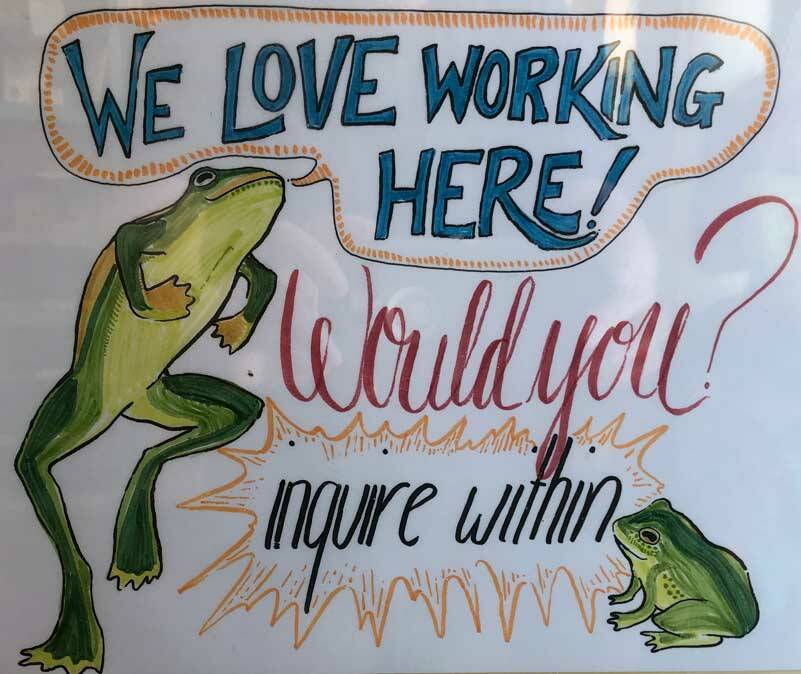By Morf Morford, Tacoma Daily Index
It pays to have friends in high places. A pair of studies published in the peer-reviewed journal Nature substantiates this in a profound way, showing that cultivating these kinds of relationships is crucial for upward mobility in America. See the studies here (www.nature.com/articles/s41586-022-04996-4) and here (www.nature.com/articles/s41586-022-04997-3)
They’re part of a new research project that suggests a path forward for revitalizing access to the American Dream. They analyzed data from more than 70 million Facebook users with 81 billion friendships to provide first-of-their-kind insights about the dynamics and power of social relationships across America.
Rich friends matter
It might seem obvious, but relationships are formed in an unequal society, where the advantaged and disadvantaged often move in rarely-intersecting social circles, largely because of where we grow up, attend schools, work, and the activities and organizations we participate in.
Opportunities – and models – of success are visible and accessible to some, and not so available to others.
Our neighbors and schools, and zip codes set us up, even prime us for our life journey in every category from the movies we watch to how we vote or where we work. Or where we go to school.
Upward mobility, after all, is about moving upward in terms of professional preparation and, of course, income.
One dynamic is that high-income people help their low-income friends get jobs.
High-income people that we encounter serve as role models.
And high-income people, often without intending to, shape their friends’ aspirations or self-presentation and norms of behavior.
It turns out that virtually everything is “contagious”. From the car we drive to where we go on vacation to what we watch or eat, we are, perhaps more than we realize, influenced by those around us.
At a core level, we literally see our options around us. If what we see is academic achievement, we are likely to imagine ourselves in that same milieu.
It seems within our reach as well because others around us can achieve it.
It works both ways
The same is true in more negative, even destructive arenas of life.
Many years ago I worked as a teacher at the Tacoma Rescue Mission. I worked with those who were in recovery programs.
I got to know one young woman who was a heroin addict precisely because her mother was. Her mother taught her how to prepare and inject drugs – and presumably how to procure them.
She grew up assuming that illegal drug use (and doing almost anything to pay for it) was just what people did. She used heroin because everyone around her did.
She had no other models or opportunities within reach or even sight.
You might think that she could see television shows or read magazine articles about successful, or at least non-drug using possibilities for her life. But those were the lives of “other” people, not people she knew.
Success, even personal safety, were abstractions on a glossy page or on a screen. Real life was what she saw every day and had in front of her.
Success is contagious
Seeing success from a distance, or through a screen doesn’t work. But mentoring does. And friendships do.
In fact, connectedness, by any direct and individual means can turn around and inspire young people from any background.
That’s why academic or public recognition is so important; the underlying message is not “That person did this” – the real message is “YOU can do this”.
The past couple years have been difficult for all of us. And most of us have done what we needed to do in those years – we have retreated into familiar habits and activities and have tightened our circle of friends and acquaintances. Most of us have not interacted with other as widely as we might have just a few years ago.
We find ourselves spending more time with people “like us” rather than with those that might have other values or life experiences.
This is not good for us individually or socially.
We need those who challenge us to consider and evaluate other ways beyond those that have become familiar and routine.
It has become almost second nature, in almost every category from sports to music to politics, to presume that those who “agree” with us are “good” while those who disagree with us are “bad” – or at least suspect.
Whether it is job opportunities, higher education or political beliefs, we learn, absorb and reflect the views of those around us. Our friends define us, and an influential friend can change our lives forever.
Mom was right all along…





